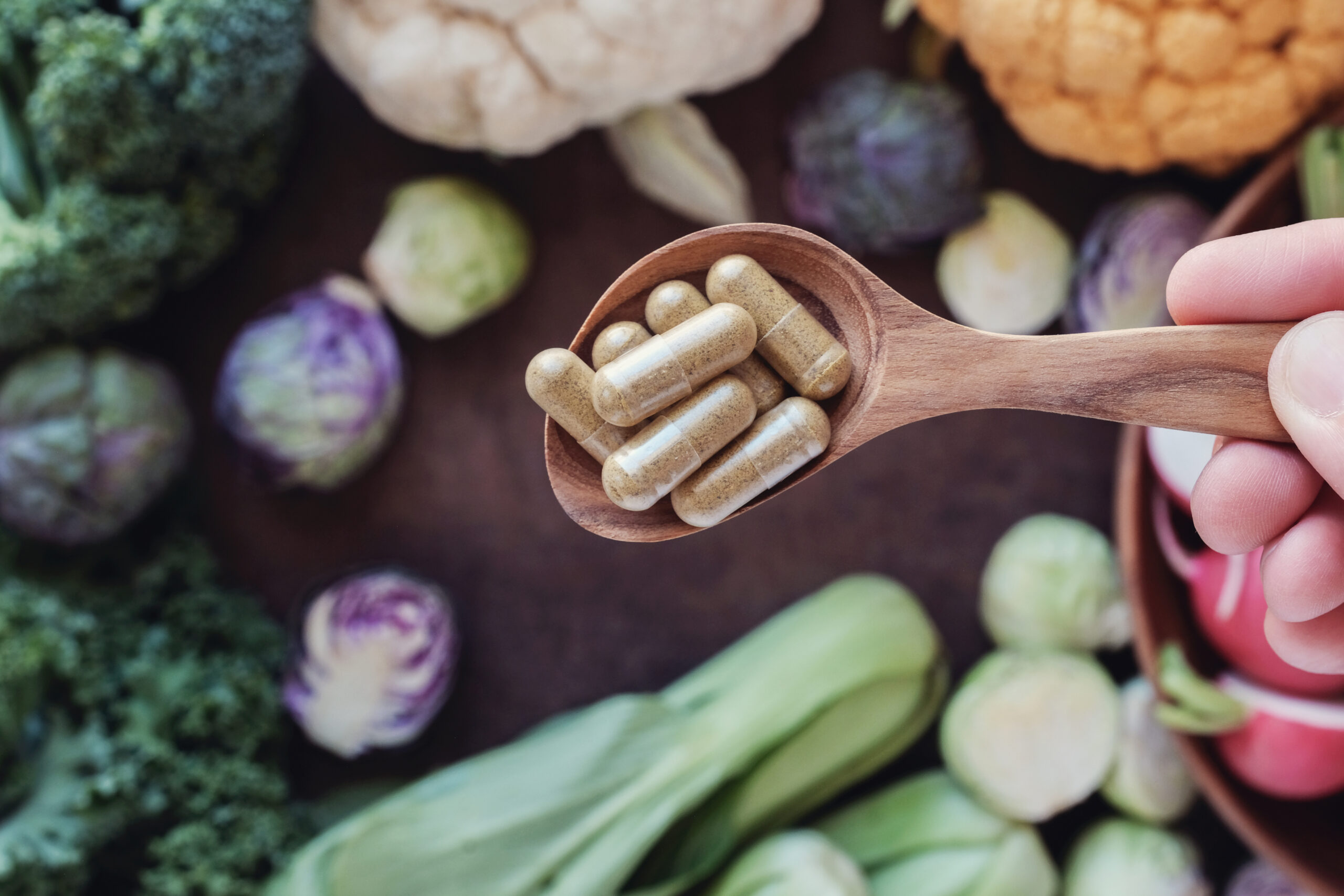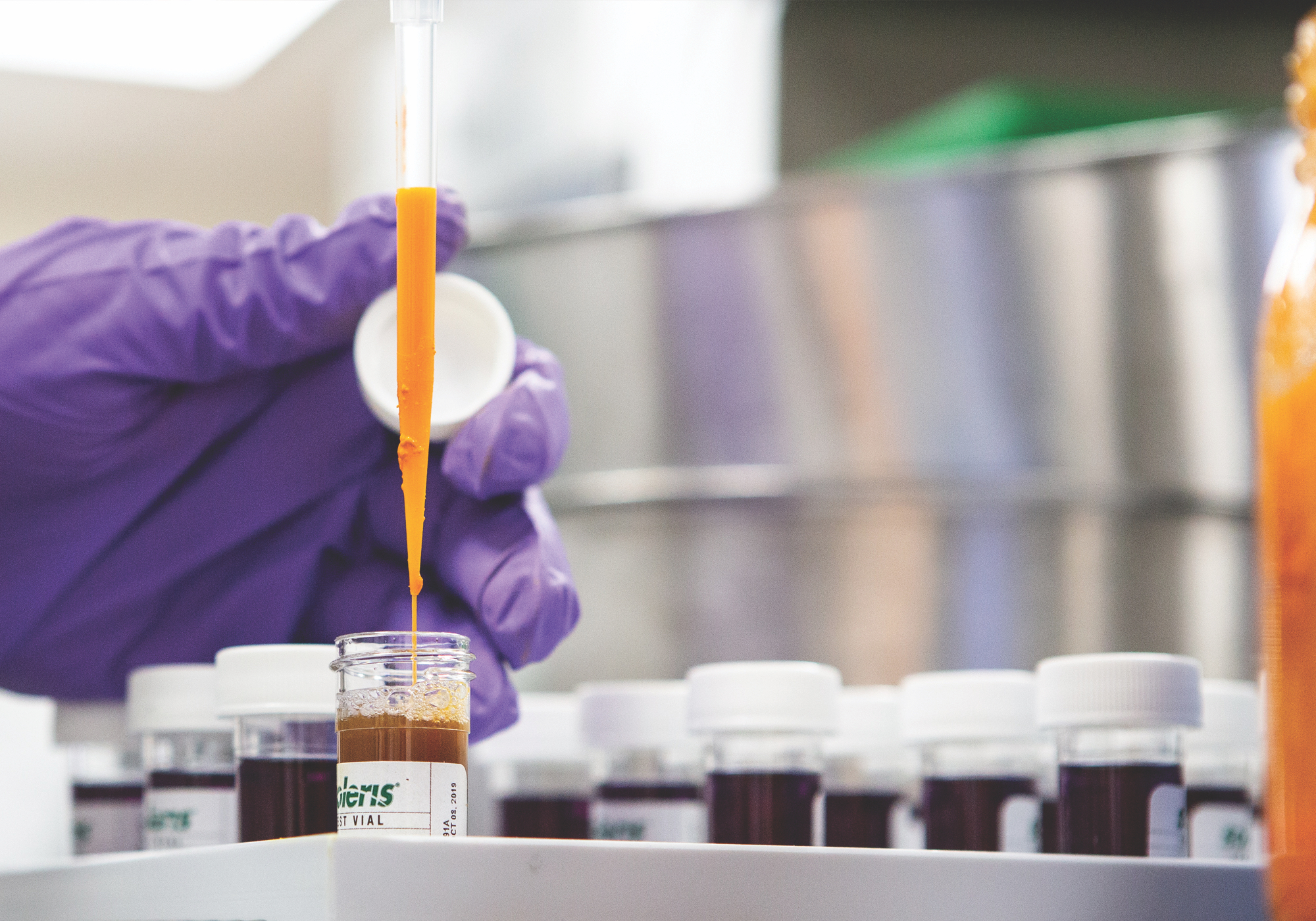Scientific name:Camellia sinensis
Constituents:
- Xanthine alkaloids (e.g. caffeine, theobromine & theophylline)
- Flavonoids & Polyphenols: Catechins including epicatechin, epicatechin-3-gallate, epigallocatechin & epigallocatechin-3-gallate (EGCG)
- Condensed tannins (proanthocyanidins)
- Amino acids (theanine)
- Nutrients & minerals
- Oxalates
Medicinal actions:
- Antimicrobial
- Antioxidant
- Astringent
- Cytotoxic & anti-cancer
- Cardiotonic
- Diuretic
- Immuno-stimulant
- Nervine stimulant
Mechanism of Action & Pharmacology:
- Polyphenols: epigallocatechin gallate (EGCG) directly scavenge free radical oxygen and block oxidation of LDL cholesterol in-vitro, and have been the subject of extensive investigation. (-)-epigallocatechin gallate has the strongest bioactivity in most cases, and targets cellular mechanisms responsible for anti-diabetic, anti-obesity, and anti-hepatitis effects
- Both EGCG & epicatechin directly damage bacterial membranes and are thereby bacteriocidal compounds.
- Polyphenols may protect tissues from tumor development by enhancing gap junctional communication which is otherwise inhibited in tumor development, and EGCG directly binds to certain carcinogens.
- Caffeine is structurally similar to adenosine, and therefore antagonizes adenosine’s sympathetic nervous stimulation. (Note: adenosine inhibits neuronal activity by inhibiting pre-synaptic neurotransmitter release and by inhibitory binding to post-synaptic neurons). Beneficial effects on cognition appear to be due to synergism of constituents (e.g caffeine & l-theanine). Theanine is a natural antioxidant and neuroprotective helpful chronic stress-induced cognitive impairment.
Pharmacy:
- Infusion
- Tincture
- Capsules
- Note: if steeped for more than 2 minutes, there is an increase in tannins which precipitate caffeine and thus the stimulatory effects from the tea is decreased
Safety & Toxicity Concerns:
- Avoid adverse effects by taking away from other stimulants (e.g. digestive upset, insomnia, agitation, palpitations, nervousness, irritability, and hypertensive crisis in some patients). Increased risk of caffeine toxicity with various medications.
- Avoid during pregnancy & lactation (may be associated with miscarriage or preterm delivery), in children (developing nervous system more sensitive to effects of caffeine), liver disease, and cardiac arrhythmias.
- Use caution in anemia (may inhibit iron absoprtion)
- There is theoretical, but no clinical evidence for tea to promote the formation of calcium oxalate kidney stones because caffeine induces calcium excretion and tea is contains oxalates.
Interactions:
- Theoretically may inhibit absorption of drugs and nutrients (eg. Iron & Calcium) due to high tannin content.
- Increased risk of caffeine toxicity with CYP1A2 substrates, cimetidine, disulfiram, enoxacin, MAOIs, estrogens, OCPs, alcohol, fluconazole, furafyllline, isoniazid, ketoconazole, macrolides, and lithium (when abruptly stopped).
- Amphetamines & nicotine may increase CNS effects
- May decrease efficacy of drug, inhibit effects, or reduce bioavailability of boronic acid-based protease inhibitors (e.g. bortezomib), Sunitinib, anti-coagulants (e.g. Warfarin), barbiturates, benzodiazepine, anti-hypertensives, anti-hyperglycemics, and folate.
- May increase drug levels or bioavailability of immunosuppressives, Sildenafil and statins.







